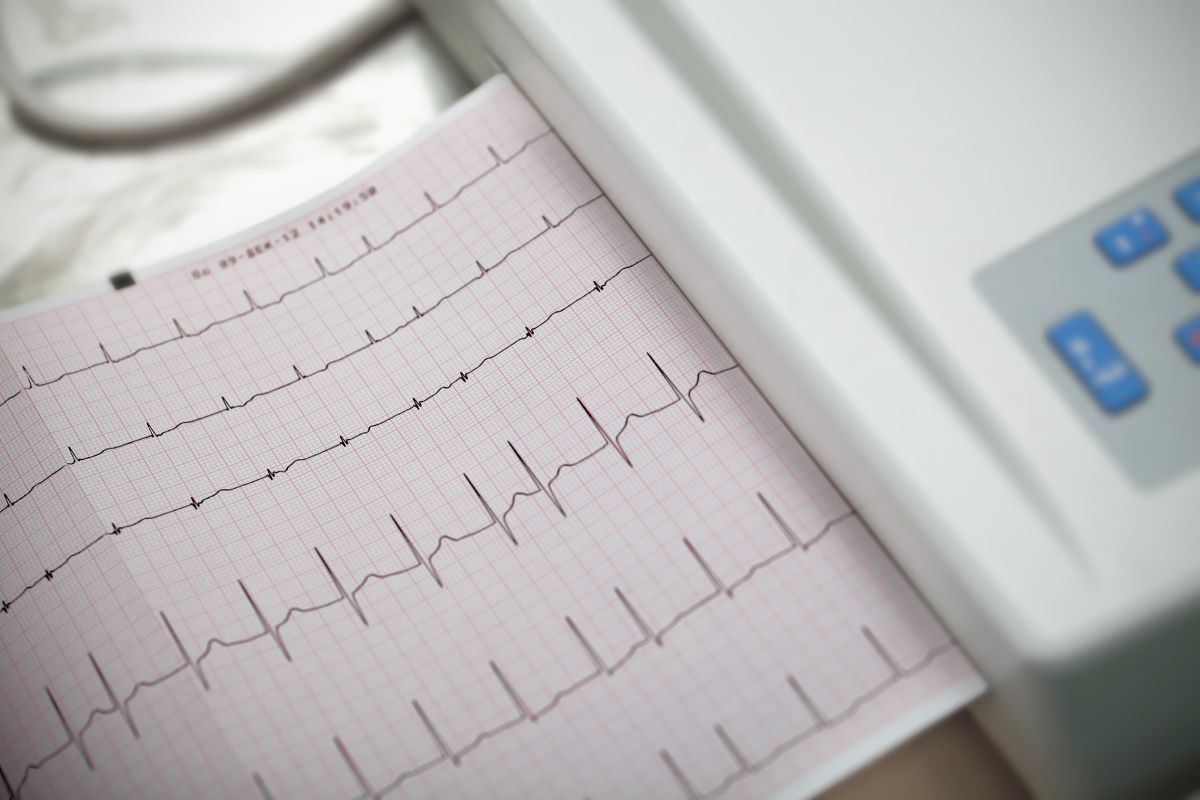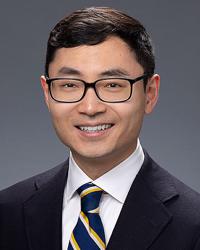
Atrial fibrillation (A-fib) is an abnormal heart rhythm arising from the left side of the heart, typically characterized by rapid, irregular heartbeats associated with palpitations, dizziness or chest discomfort. It is the most common arrhythmia in adults and is a significant source of morbidity and mortality for patients and healthcare systems. A-fib is associated with stroke, heart failure and quality of life impairments if left untreated, with the natural history of the disease leading to more persistent or even permanent A-fib.
The causes of A-fib vary, ranging from injuries to the heart from coronary disease or cardiac surgery to infections, hyperthyroidism and excessive stimulant use. Risk factors for A-fib are also manifold and include advanced age, hypertension, obesity, diabetes, kidney disease and a family history of heart problems. While some causes of A-fib are reversible, it is generally a progressive condition of atrial electrical remodeling that does not improve without intervention. Notably, lifestyle optimization such as weight management, treating sleep apnea, dieting and exercising can lower the chance of developing A-fib and reduce the recurrence rate in those with A-fib.
Pharmacotherapy to manage A-fib has involved a combination of medications to control the heart rate and to restore and maintain normal rhythm. Anticoagulation is warranted for the vast majority of patients with A-fib, given the elevated risk of blood clots forming in the heart and embolizing to the brain. Synchronized shocks (cardioversions) are used to “reset” the heart rhythm, though there is often recurrence if A-fib is not managed more durably.
Historically, there has been equipoise between managing A-fib by controlling the heart rate and the rhythm. Over the years, the field of electrophysiology has advanced with improvements in catheter ablation technology that have allowed rhythm control for A-fib to rise to the forefront. Traditionally, A-fib ablation involves the delivery of either radiofrequency (heat) or cryothermal energy to cardiac tissue in the heart to isolate the abnormal impulses that trigger A-fib. However, energy delivery has been limited by injury to other structures in the thoracic cavity, such as the esophagus and phrenic nerve.
But with the advent of pulsed-field ablation (PFA), which was FDA-approved earlier this year, rhythm control with PFA (or ablation in general) may become first-line therapy for many patients. PFA is a non-thermal energy source that preferentially targets cardiac tissue and causes pores to form in these abnormal cells, eventually leading to cell death. It bypasses many of the pitfalls of traditional ablation related to collateral organ damage, allowing the procedure to be performed faster and more safely. Initial and ongoing investigations have underscored the durability, efficacy and safety of PFA, rivaling and even surpassing traditional ablation. Many patients treated with PFA go home same-day.
Overall, atrial fibrillation imposes a tremendous healthcare burden and is associated with a myriad of medical issues if left unmanaged. Fortunately, the field of electrophysiology has evolved to offer not only medications to mitigate the symptoms and limit the potential damage of A-fib but also fast and safe interventional procedures that can provide long-lasting freedom from A-fib in patients across all age groups.
Learn more about the Northside Hospital Heart Institute.

